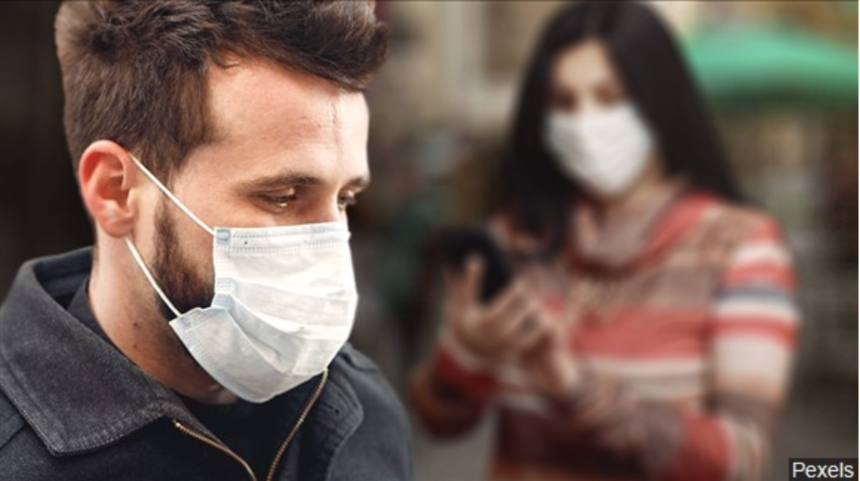Pandemic fatigue: Months into virus outbreak, El Paso health leaders urge keeping guard up

EL PASO, Texas (KVIA) -- The number of known active coronavirus cases is rising in El Paso, and health experts are concerned some people are letting their guards down when it comes to Covid-19.
"If we let our guard down, if we put everything down the drain, that we don't want to wear the mask anymore, that we don't observe the social distancing, then it’s going to be extremely sad for a lot of families in El Paso because a lot of our loved ones are going to end up in the hospital," said El Paso City-County Health Authority Dr. Hector Ocaranza.
It's been roughly seven months since the first coronavirus case was confirmed in El Paso County, and now health officials are fighting a new battle: pandemic fatigue.
“At the beginning, everyone was super, super anxious, super alert on what was going on. But now you've come into a phase where there's a lot of fatigue," said Dr. Fabrizzio Delgado, Psychiatrist Consult Chief at Texas Tech University Health Sciences Center El Paso. "What's happening is that people are moving defenses down. People are not as scared as they used to be.”
He said the prolonged isolation can impact mental health too. When it comes to getting through it, Dr. Delgado recommends making a few lifestyle changes. He said getting some exercise, spending time outdoors and eating a healthy diet can improve an individual's mood. Getting enough sleep is key too, as is staying in contact with friends and family while physically apart.
The CDC has also posted recommendations on ways to make activities safer during the pandemic. If you choose to spend time with friends and family, use social distancing and limit physical contact. When it comes to going to the gym, the CDC recommends seeking facilities with outdoor space. When it comes to dining at a restaurant, the CDC advises researching the establishment to ensure staff is wearing masks.
Dr. Delgado said he is noticing new mental health concerns at this stage of the pandemic.
"We're seeing a lot of patients struggling right now. I mean, we're seeing kind of the aftermath of a crisis," Dr. Delgado said. "They're depressed because they lost their jobs. There’s a lot of people who are coming because they lost probably someone in their family."
A recent study published in JAMA Network found more than a quarter of U.S. adults had experienced depression symptoms during the pandemic, about three times as many as before.
Dr. Delgado is urging the public to seek out help when struggling with mental health concerns.
"The stigma is everywhere in mental health. It’s not new. It's actually improving," he said. "I would urge people to whoever's suffering from depression, from anxiety or severe mental illness, like bipolar or schizophrenia, to just reach us, come talk to us."
There are several free resources available to those who need support. The Texas Health and Human Services Department has a variety of resources on mental health conditions. State officials have also posted a list of free crisis hotlines. New Mexico has a similar list of crisis hotlines.
